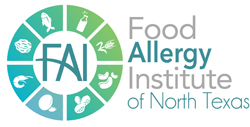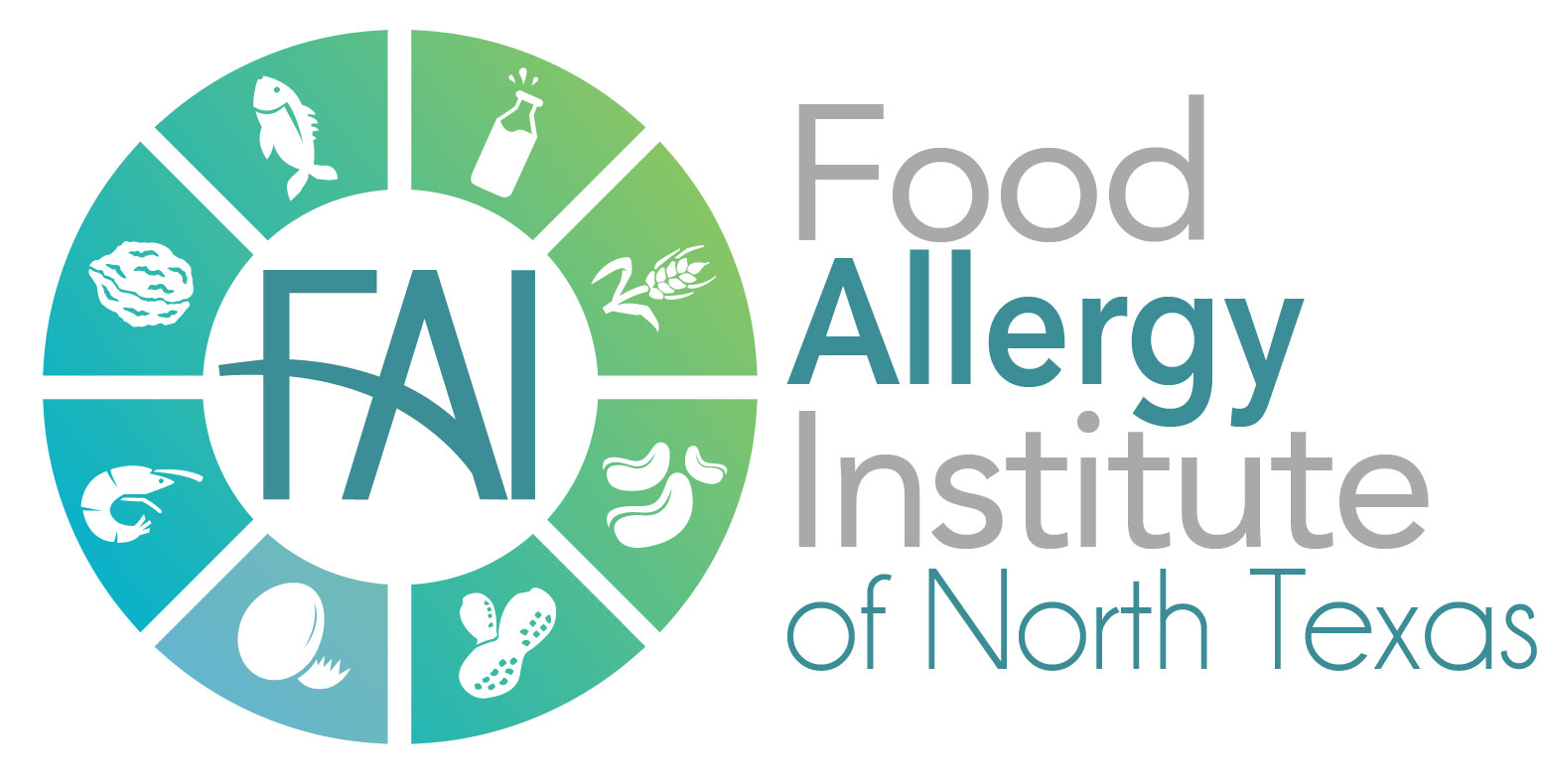
12 Jun Traveling with Food Allergies
Planning a trip can be stressful for anyone. Traveling with a food allergy can be particularly challenging but with confidence and planning, it can be achieved. Follow these planning tips when traveling domestically or abroad.
• Study your destination. There are many allergy-friendly resorts/theme parks that welcome food allergic travelers and will go out of their way to accommodate specific dietary needs. Disney, Universal, and Sea World are all great examples of parks that have adopted food-allergy policies in their dining facilities.
• Research other food/restaurant options at your destination and call ahead to see if they will accommodate your needs. Prepare yourself as best you can so that you are not scrambling last minute.
• Know where medical care is available. Travel with a doctor’s note and know your health insurance coverage prior to leaving so that you are prepared in case of emergency.
• If traveling to a foreign country, consider traveling with translation cards so you can communicate with locals. You might also consider purchasing a safety sign.
• When flying by air, consider the following practices: fly early as planes are cleaned overnight, let the airline know about the allergic traveler when booking as well as checking in, arrive early and try to pre-board so you can wipe down the seat and tray table, pack wipes, 2 sets of auto-injectors, inhalers, antihistamines, paper plates, napkins, and safe food.
• Wear a medical ID bracelet and/or carry a wallet card that identifies the allergy. This is particularly important for an individual who is traveling on their own.
• Try to stay in a place where you will have control over your own food. A full kitchen can be useful or even just a fridge and microwave can be helpful. If these options are not available to you, consider shipping a box of food to your destination. Pack up foods that are: hard to find, nutrient dense, easy to prepare and that travel well.
• Consult with others. Read blogs, join support groups, work with travel agents, use social media, and ask other food allergy travelers about their experiences.
• Visit local grocery stores and supplement what you have brought from home. If traveling to a foreign country, learn the names of the particular allergen, how you might see it on a food label, and the foods it is commonly found in.
• Above all, enjoy your trip without making food the focus. There are so many wonderful aspects to traveling that don’t involve food. Make those other activities your focus and enjoy your time away.


